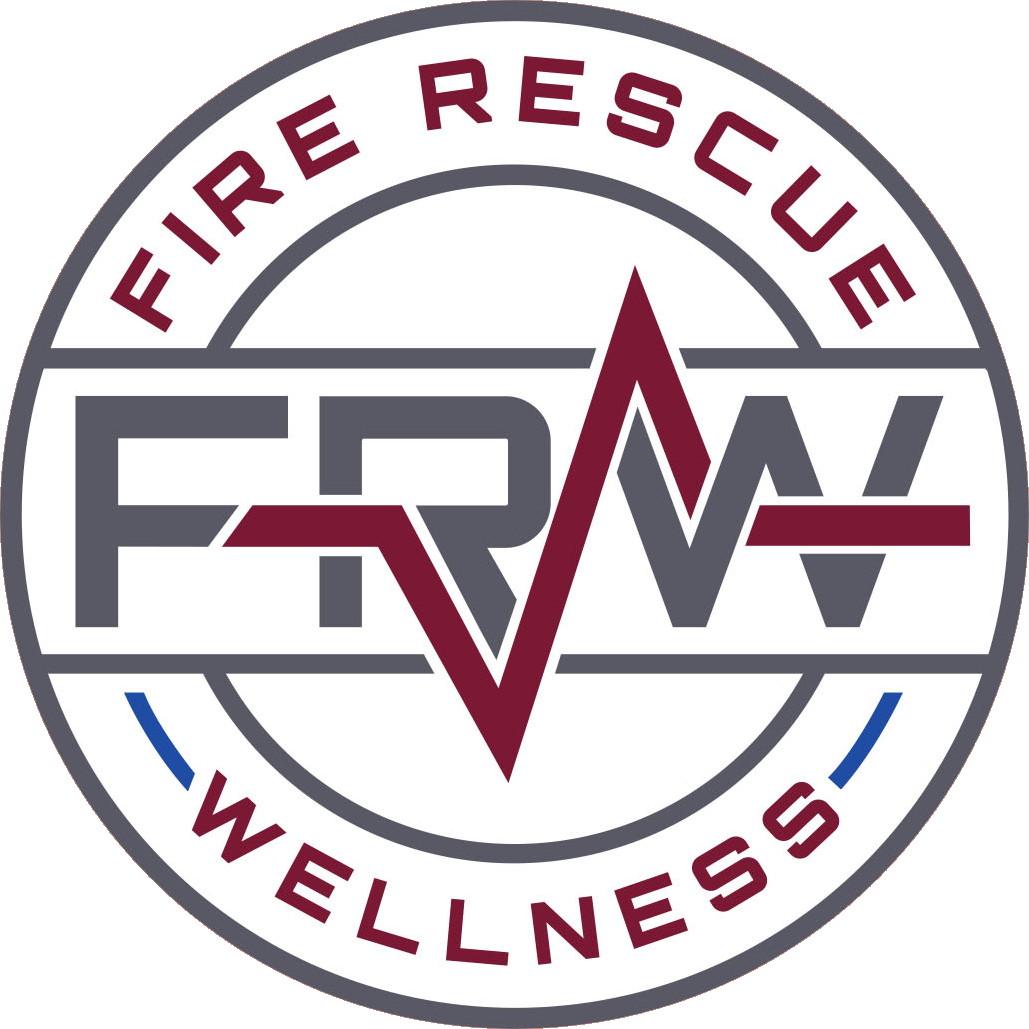Let’s talk about sleep.
We all need it. Most of us don’t get enough of it. And many of us say things like “I’ll sleep when I’m dead!” and “if you’re not grinding, you’re not living!”
Sleep in the fire service is a critical aspect of firefighter health, wellness and career longevity. But did you know it’s also important for executive function and decision-making processes; situational awareness; judgement of time, distance and speed; avoiding medication calculation errors; bolstering mood and decreasing anxiety, depression and other mental health challenges?
The prevailing attitude in many departments is that “we don’t pay you to sleep.” Fair…or at least 20 years ago, possibly it was fair. But consider this: departments nationwide are doing far more with far less. Less personnel, less rigs, more call volume, more responsibility such as on-duty fire inspections and code enforcement, more mandatory and voluntary overtime, and more community outreach such as senior citizen fall education and Narcan administration programs.
Our fire service personnel are stretched T H I N and they are TIRED. Sleep deprivation is an independent risk factor for 4 of the top killers of our firefighters including suicide, cancer, cardiovascular related diseases and motor vehicle accidents.
In addition, lack of situational awareness can lead to more occupational accidents and poorer patient care. And diminished executive function can yield medication errors.
What can we do? Thanks for asking.
Administrators: understand that sleep is critical. Naps can help offset the impact of overnight sleep deprivation. Physical changes such as private bunkrooms, gentle alerting systems and systems that only awaken companies that are due on a call will have a huge impact. And if you’re still a department that’s opening up tones at all stations anytime one station goes on a call, really think about why that’s important to you and consider changing that policy.
Firefighters: ultimately, nobody else is going to save you. You must prioritize your own rest and recovery, especially off duty. Paying attention to your nutrition, mental health and movement during periods of sleep deprivation can help soften the impact of those sleepless nights. And prioritizing your sleep might look like letting a part time job go, decreasing the hours of overtime work you take on and giving up those late-night habits that keep you from sleeping (gaming, gambling and partying among others).
Health and wellness pros: educate your firefighters on the importance of sleep. Basic sleep hygiene is helpful along with emphasizing their need to create a 7–9-hour sleep opportunity whenever feasible.
The following links may be helpful for firefighters and those who work with and for them.
https://medlineplus.gov/healthysleep.html
https://www.nhlbi.nih.gov/health-topics/all-publications-and-resources/your-guide-healthy-sleep
A Zzzzz is out!
